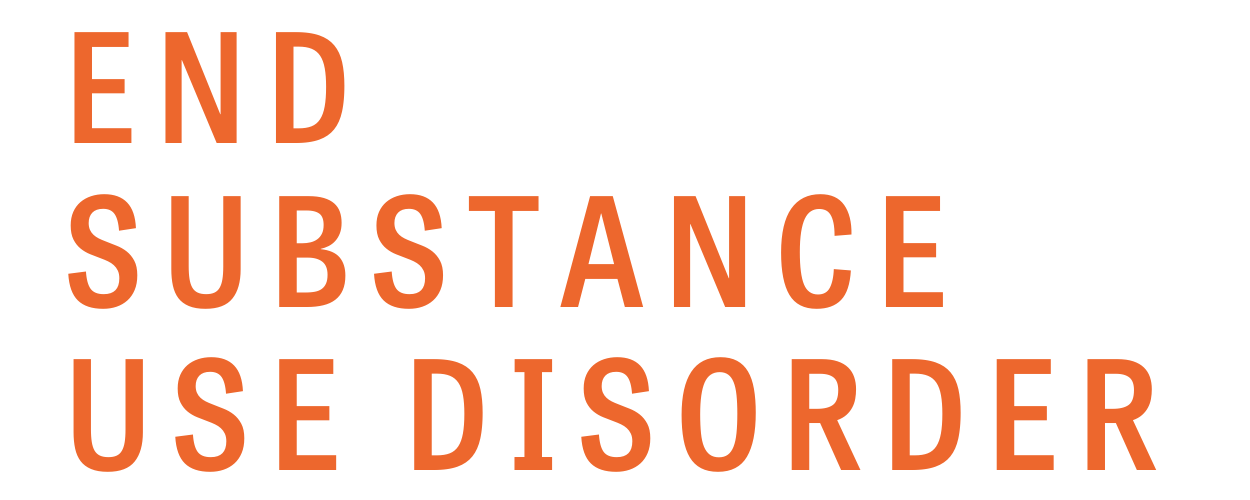White House Issues Recommendations on Substance Use Disorder Treatment During Pregnancy; End Substance Use Disorder Responds
Today, the White House Office of National Drug Control Policy released a report on treating substance use disorder during pregnancy. End Substance Use Disorder issued the following statement:
“Pregnancy is a time to celebrate and welcome new life, but today, far too many new mothers are dying from preventable overdoses without access to treatment,” said Erin Schanning, president of End Substance Use Disorder. “While it is difficult for all pregnant people to access substance use disorder treatment, people of color and people living in rural areas face significant barriers to care. We applaud the White House for leading efforts to ensure that all pregnant people have access to lifesaving treatment that can keep them and their babies safe.”
Drug overdose is a leading cause of death of pregnant people and new mothers. Between 2017 and 2020, the number of pregnant people who died from overdoses reached record highs, nearly doubling.
Pregnant people are often left without access to treatment due to resistance on the part of OB-GYNs to treat substance use disorder and resistance on the part of treatment centers to accept pregnant people. In addition, outdated federal rules restrict access to the standard of care for opioid use (including fentanyl). Due to these outdated rules fewer than 1 in 100 OB-GYNs are equipped to help pregnant people successfully recover - placing pregnant people and their babies at grave risk.
The White House report recommends expanding access to medications to treat substance use disorder (including buprenorphine and methadone), educating health care providers on how to treat substance use disorder in pregnancy and after childbirth, and expanding access to certified peer recovery specialists, among other recommendations.
The full report can be read here.
End Substance Use Disorder is leading a campaign to ensure that all OB-GYNs and healthcare providers are equipped with key tools and education to treat substance use disorder and support recovery. Read more about the current focus of the campaign here.
